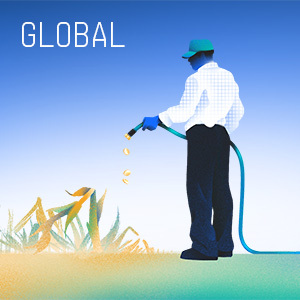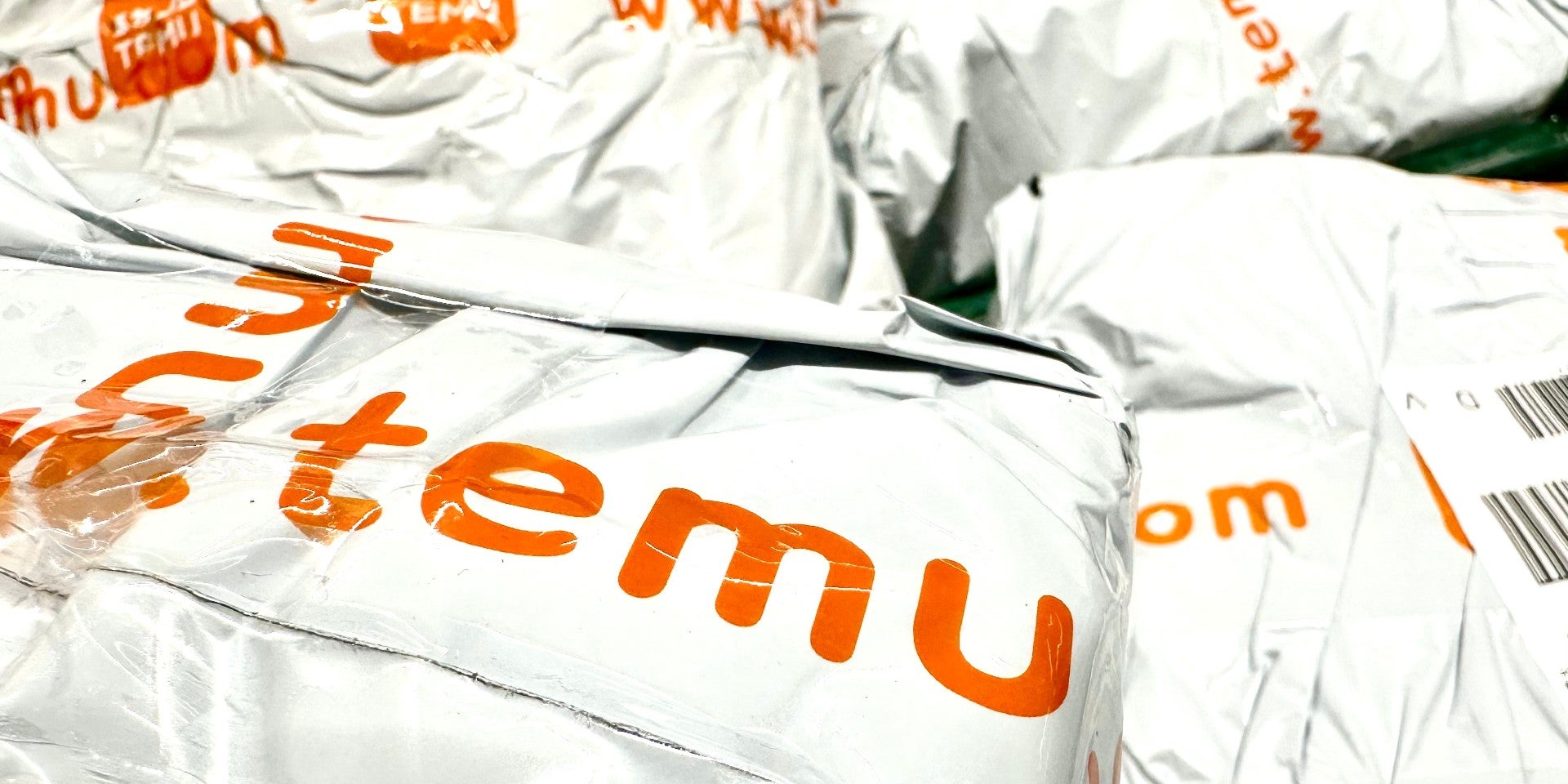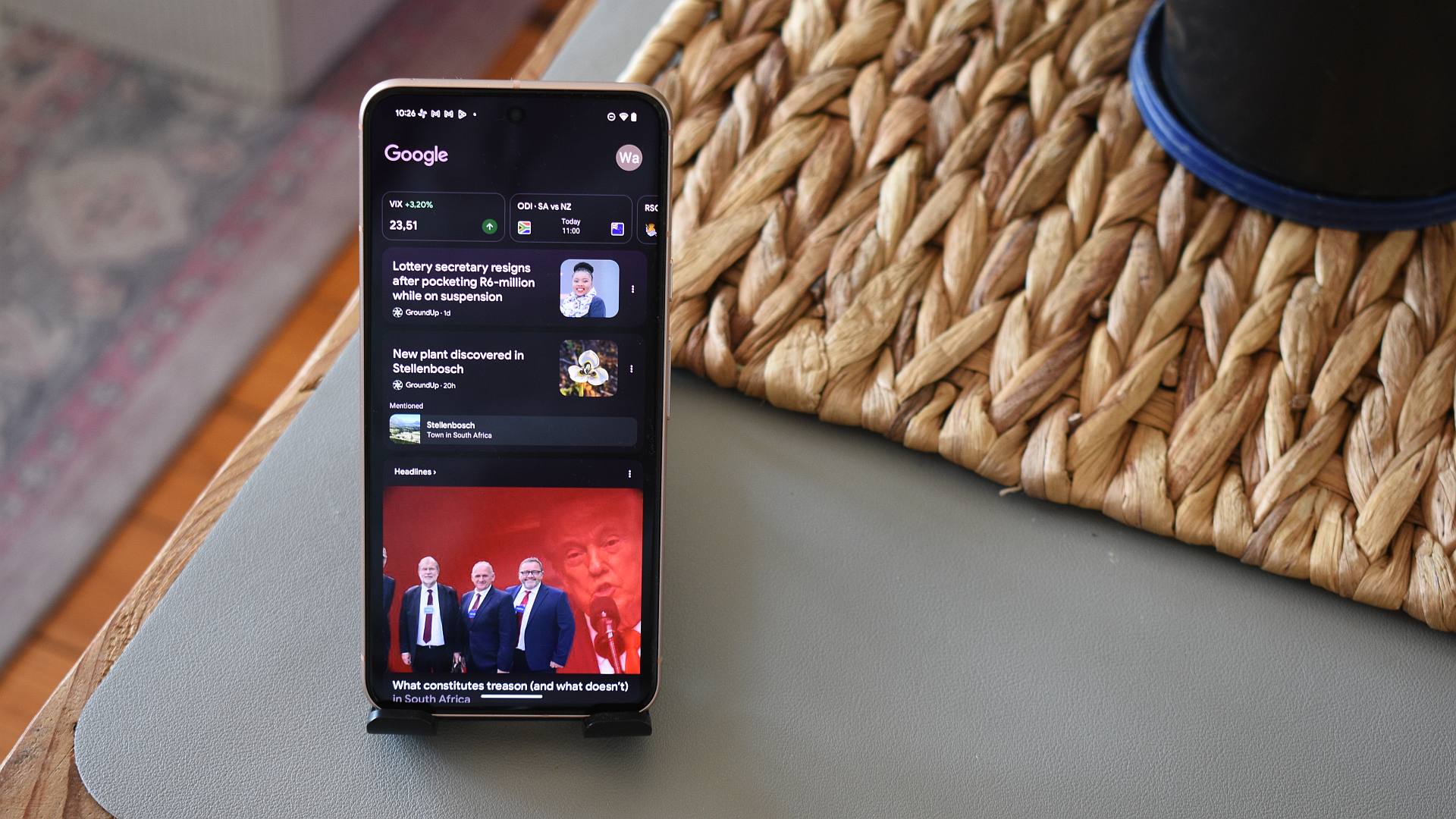For decades, Larry Ellison reveled in being the Silicon Valley executive who really knew how to have a good time. He spent as much as $200 million building a Japanese-inspired imperial villa near Palo Alto, Calif., bought the sixth-largest Hawaiian island and dated and married and divorced with never-ending zeal.
Few paid much attention to exactly what his database company, Oracle, did. Sometimes, neither did Mr. Ellison. He did not show up for his keynote talk at Oracle’s annual convention in San Francisco in 2013 because he was on his yacht trying to win the America’s Cup, which he did. A biography about him was titled, “The Difference Between God and Larry Ellison: God Doesn’t Think He’s Larry Ellison.”
With a fortune of $175 billion, there is not much left for Mr. Ellison to buy that would seriously dent his wallet. He broke a Florida record in 2022 when he purchased a 22-acre estate near Palm Beach — but at $173 million, the price was one-tenth of 1 percent of his wealth. He invested $1 billion in Elon Musk’s takeover of Twitter that same year because, he said at the time, “it would be lots of fun.”
Now 80 years old and married for the fifth or possibly the sixth time, Mr. Ellison is expanding his ambitions beyond having fun and surrounding himself with beautiful things. Following a path laid down by his friend Mr. Musk, who has at least six companies that feed off one another, Mr. Ellison also appears to be planning to grow his corporate empire.
Oracle keeps emerging as a possible bidder for TikTok, the wildly popular video app that Congress has decreed needs to divest itself of its ownership by the Chinese internet company ByteDance or be banned in the United States. On Wednesday, President Trump plans to meet with top White House officials to discuss a new ownership structure for the app. The deadline for a deal is Saturday, though TikTok deadlines have come and gone before.
Oracle almost became a minority owner of TikTok’s U.S. operations in 2020, along with Walmart, when concerns about the app’s data security ran rampant. A deal was negotiated where Oracle started storing the data of U.S. users on its cloud. Oracle would also own 12.5 percent of a new company, TikTok Global. The latter part, like many TikTok deals, never happened.
Five years later, a lot has changed, starting with this: The tech moguls have been unleashed.
Mr. Musk, backed by President Trump, has obliterated the lines between public and private. He is blowing up government agencies and using his vast wealth to try to sway elections. Mr. Ellison, who may be closer to Mr. Trump than any mogul this side of Mr. Musk, appears to want nothing less than to bring the country under the benevolent sway of artificial intelligence, which he has said will bring about an era of bounty and harmony.
One company, even if it is as successful as Oracle, might not help him get close to this goal. Several, though, might.
Mr. Ellison is putting up most of the $8 billion bid by his son, David, to buy Paramount, owner of the fabled Hollywood studio as well as CBS, MTV and other properties that generate news and content. (The deal still needs regulatory approval.) TikTok, meanwhile, is all about producing content. It has a monthly active user base of 1.5 billion, about a tenth of them in the United States.
And then there’s the wild card factor: Mr. Ellison’s proximity to President Trump. In January, Mr. Ellison was prominently featured at the White House for the announcement of a project called Stargate, which will build data centers for artificial intelligence. President Trump was asked if Mr. Musk might buy TikTok, and he volunteered that “I’d like Larry to buy it, too.”
“All these pieces are coming together to form something that isn’t quite clear yet except for this: The Ellison family will be at the center,” said Richard Greenfield, a media analyst with LightShed Partners.
The White House, TikTok, Mr. Ellison and Oracle declined to comment or did not respond to requests for comment. Mr. Ellison in any case is looking down the road. “The only way I know to make myself feel better is to make the world better,” he told Vanity Fair in 1997, adding: “Don’t mistake that for altruism. It’s egotism. Call it enlightened egotism.”
Mr. Ellison has recently been trying to make the world better by pushing for a surveillance society. There would be cameras everywhere, with every movement analyzed by A.I.
“Citizens will be on their best behavior, because we’re constantly recording and reporting everything that’s going on,” he told Oracle investors last fall. “It’s unimpeachable.”
Also on Mr. Ellison’s to-do list is combining thousands of databases into one enormous electronic repository, which can be mined by A.I. That will cure diseases and fix everything else, he told Tony Blair, the former British prime minister, at a symposium on reinventing government held in Dubai in February.
“I think this will make for a happier citizenry,” Mr. Ellison, who appeared via video, told Mr. Blair.
Mr. Ellison’s quest for data has hit setbacks. In November, a federal court in California gave final approval to a settlement over a class-action suit that accused Oracle of improperly capturing and selling individuals’ online and offline data without their permission. Oracle agreed to pay $115 million without admitting wrongdoing.
During Mr. Ellison’s flamboyant heyday in the 1990s, he provided a striking contrast to what was then a relatively sober Silicon Valley. He described his office style as “management by ridicule.” After Oracle had a self-inflicted near-death experience, he explained: “Oracle is run by adolescents. And that includes me.” He told reporters he was going to launch a proxy fight and gain control of Apple. He indulged in a long-running, if one-sided, feud with Microsoft.
And then there were his wives and girlfriends. “As a veteran of three marriages, do you feel you can do it better this time?” Playboy asked him in 2002.
“There’s no question I can do it better,” Mr. Ellison replied. “Can I do it worse? I don’t think so.”
In 2003, he married Melanie Craft, a romance novelist, who became wife No. 4. Steve Jobs was the wedding photographer. Ms. Craft wrote “Man Trouble,” about a reporter who persuades a romance novelist to help him snag an interview with a shy billionaire.
Mr. Ellison’s politics in that era were mainstream. He said the Constitution should be amended so the president could have a third term, but the president was Bill Clinton and it was just a joke about a golfing buddy. Mr. Ellison turned more conservative in the 21st century, developing a friendship with Israel’s Benjamin Netanyahu and recoiling against what he saw as Barack Obama’s anti-Israel approach.
“Bill Clinton was a centrist. Tony Blair was a centrist. Marco Rubio is a centrist. Mitt Romney is a centrist. Those are my politics,” Mr. Ellison said in 2018.
Now his politics are President Trump’s, but it took a while to get there. In the 2016 presidential race, Mr. Ellison backed Mr. Rubio, a Republican senator from Florida and then a Trump critic. In 2020, Mr. Trump persuaded Mr. Ellison to host a fund-raiser at his golf course in Southern California. Even though his name appeared on the invitation as the sole host, Mr. Ellison snubbed the event, telling people he was sick.
Four years later, Mr. Trump was, once again, not Mr. Ellison’s first choice for president. Mr. Ellison traveled to South Carolina for the presidential announcement speech of Senator Tim Scott, a South Carolina Republican, where Mr. Scott called the billionaire “one of my mentors.”
After Mr. Scott flamed out and Mr. Trump needed cash, Mr. Ellison drew closer to the new Republican nominee, dining with him at Mar-a-Lago. It helped that he sometimes lives nearby in his recently purchased Florida home.
While Mr. Ellison is not in Mr. Trump’s inner circle, and did not make public donations to support the campaign, he appeared at Mar-a-Lago to sit in on a transition meeting.
It was during President Trump’s first term that Mr. Ellison developed an interest in TikTok, leading to the almost-deal among TikTok, Oracle and Walmart that was approved by Mr. Trump.
This time, Walmart is not expected to be involved. A friend of Mr. Ellison, speaking not for attribution in order to talk candidly, said the tech mogul was probably influenced by Mr. Musk’s ownership of Twitter, now called X. It’s one thing to be rich, the friend said; Mr. Musk is relevant to consumers, with power in culture, politics and media.
Safra Catz, the chief executive of Oracle, rather than Mr. Ellison, has been the negotiator in the TikTok talks, according to a person involved in the process. Even assuming Oracle strikes some sort of deal with TikTok, it probably won’t eliminate other owners for the video app, people close to the process said. And it probably will not involve the algorithm that has made the social media company so successful.
Mr. Ellison’s faith in technology is undimmed. Terry Garnett, an Oracle marketing chief, suffered the fate of many Oracle executives when he was dismissed by Mr. Ellison in 1994. For a time, Mr. Garnett held a grudge but has since come to appreciate his former boss.
“At the end of the day he loves technology,” Mr. Garnett said. “It’s that simple.”
So what if Oracle is not a consumer company, and if its most prominent attempt to try to become one — a line of cheap desktops in the late 1990s challenging Microsoft’s software domination — stumbled?
“Think of TikTok as video data — unstructured data that fits into another slice of that Oracle matrix,” said Mr. Garnett, now a private investor. “Whoever has the data has the power.”









